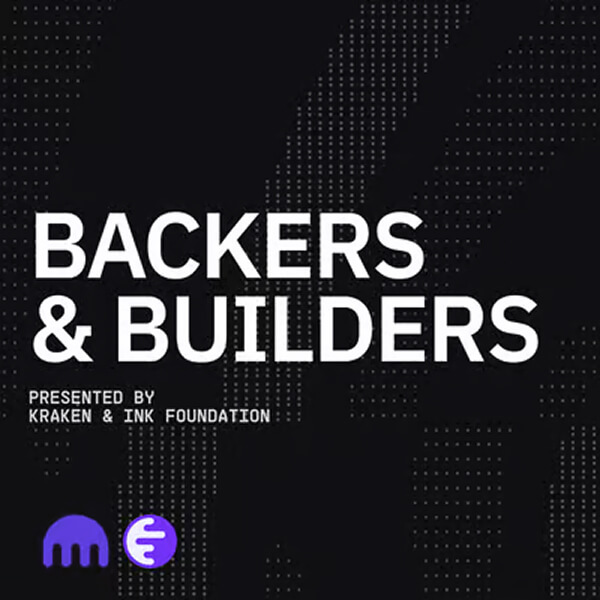

Sparkfi is a DeFi platform in the Sky (ex-MakerDAO) ecosystem that focuses on moving large amounts of stablecoin liquidity where it earns the best risk-adjusted return. Its three live products are SparkLend (a DAI/USDS-centric money market), Spark Savings (a non-custodial savings vault that pays the Sky Savings Rate) and the Spark Liquidity Layer, which allocates stablecoins directly into other protocols and networks.

ZNS Connect is a decentralized naming system that simplifies blockchain interactions by converting complex addresses into user-friendly, customizable domain names. It enhances security, usability, and accessibility across Web3 platforms by allowing users to create personalized Web3 profiles. The platform integrates with wallets, DEXs, and decentralized applications, making cross-chain interactions seamless. With a focus on user empowerment and sustainable growth, ZNS Connect leverages domain sales, custom creations, and revenue-sharing models to drive adoption, aiming to become a leading player in decentralized domain services.

Exactly Protocol is decentralized finance platform offering autonomous interest rate markets and enabling both variable and fixed rate exchanges of crypto assets. Its EXA token allows holders to vote on protocol changes and manage the treasury, playing a key role in governance and decision-making. Governance involves a structured voting system with specific token requirements to ensure fair participation. The project, having raised $3 million in a seed round, is backed by various investors, highlighting its strong funding and investment support.

Morpho is a permissionless, non-custodial lending protocol that runs on Ethereum and Base, offering “open infrastructure for on-chain loans. Its flagship product, Morpho Blue, lets anyone spin up isolated lending markets with just one collateral and one borrowable asset, cutting complexity and risk.

Zerion is a non-custodial, open-source cryptocurrency wallet designed to serve as a comprehensive gateway to decentralized finance (DeFi) and non-fungible tokens (NFTs). It enables users to securely store, manage, and interact with digital assets across multiple blockchain networks, offering features such as portfolio tracking, trading, and connectivity with various decentralized applications (dApps).

Layerswap provides a fast and cost-effective solution for transferring crypto assets across multiple networks and exchanges, reducing fees and transaction times while simplifying the bridging process. It operates without a formal governance structure or a native token. Layerswap has raised a total of $4 million across three funding rounds, with the latest being a $2.5 million seed investment on November 10, 2022.





The Retro Funding: Dev Tooling program rewards open-source toolchain software that supports onchain application development on the Superchain, with a budget of up to 8M OP and monthly rewards from March to July 2025.





Retro Funding: Onchain Builders rewards projects driving cross-chain interoperability on OP Chains, with up to 8M OP





Featured in ETHDenver 2026 Official Side Event Calendar Backers & Builders by Kraken & Ink Feb 18 Wednesday 18 February 12:00 - 17:00 GMT-7 Register to See Address Denver, Colorado Registration Approval Required Your registration is subject to host approval. Welcome! To join the event, please register below. Jash jash@kolektivo.co Request to Join About Event Backers & Builders is a curated ETHDenver side event for early-stage and late-stage protocol founders and serious builders, not conference noise.

OP Mainnet, previously known as Optimism, is a Layer 2 scaling solution built on top of Ethereum. It utilizes optimistic rollups to provide faster and cheaper transactions while maintaining the security of the Ethereum mainnet.

Unichain is an L2 purpose-built for DeFi, exclusively on the OP Stack. Unichain is part of the Superchain’s path to interoperability, and will support ERC20s that are Superchain interop compatible. Uniswap Labs is also working with Flashbots to develop a new TEE-based block builder that reduces Unichain confirmation times from 1 second to 250 milliseconds.

Soneium is a Layer 2 blockchain developed by Sony Block Solutions Labs, a joint venture between Sony Group and Startale. Designed to bridge Web2 and Web3, Soneium aims to create a versatile, developer-friendly ecosystem that empowers creativity and innovation. It provides a scalable, accessible platform for developers, creators, and communities, enabling them to build and deploy applications that blend entertainment, gaming, finance, and more.

Mode Network is a Layer 2 solution built using the OP Stack, designed to foster growth and collaboration within the DeFi space. As a part of the Superchain, Mode aims to create an ecosystem where developers and users are rewarded for their contributions, enhancing the overall network's scalability and efficiency.